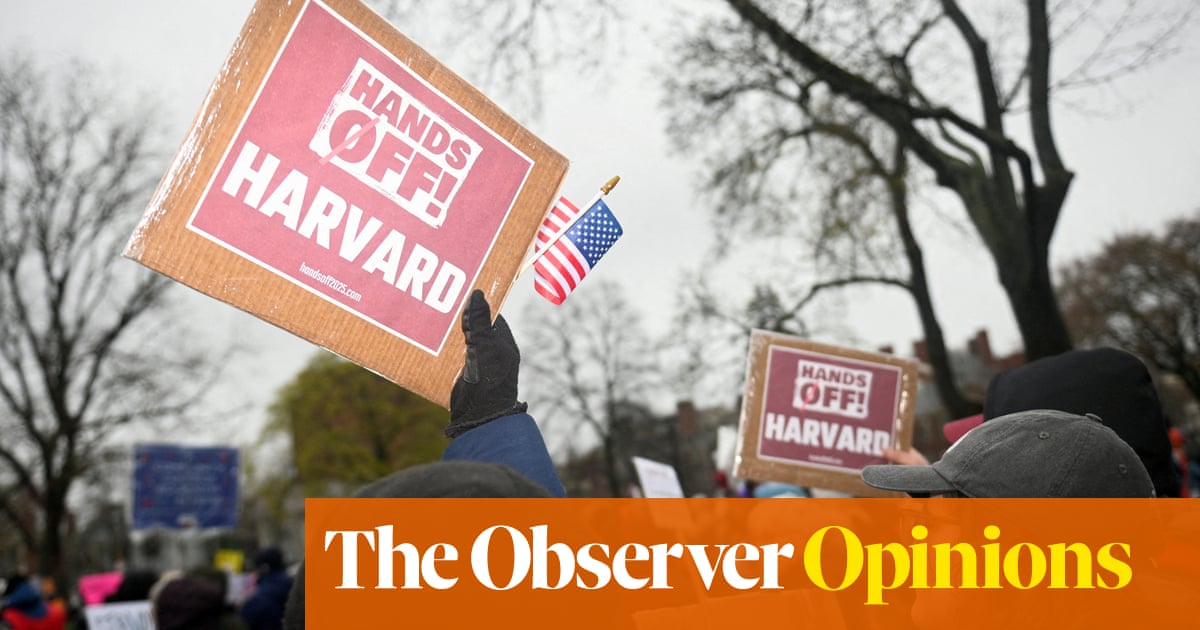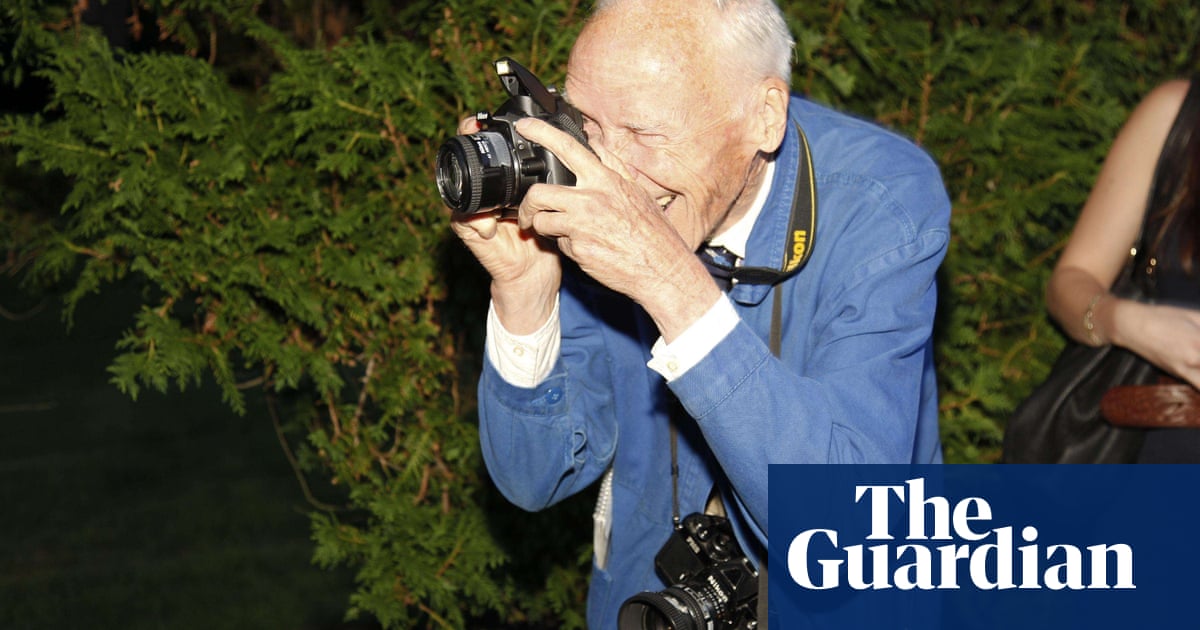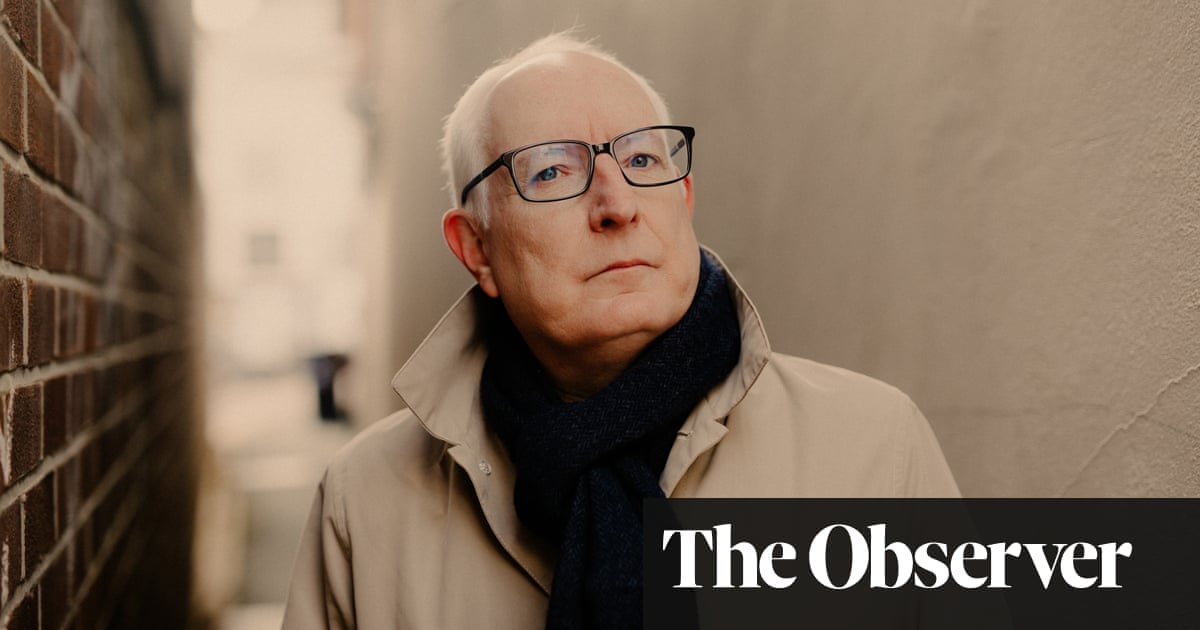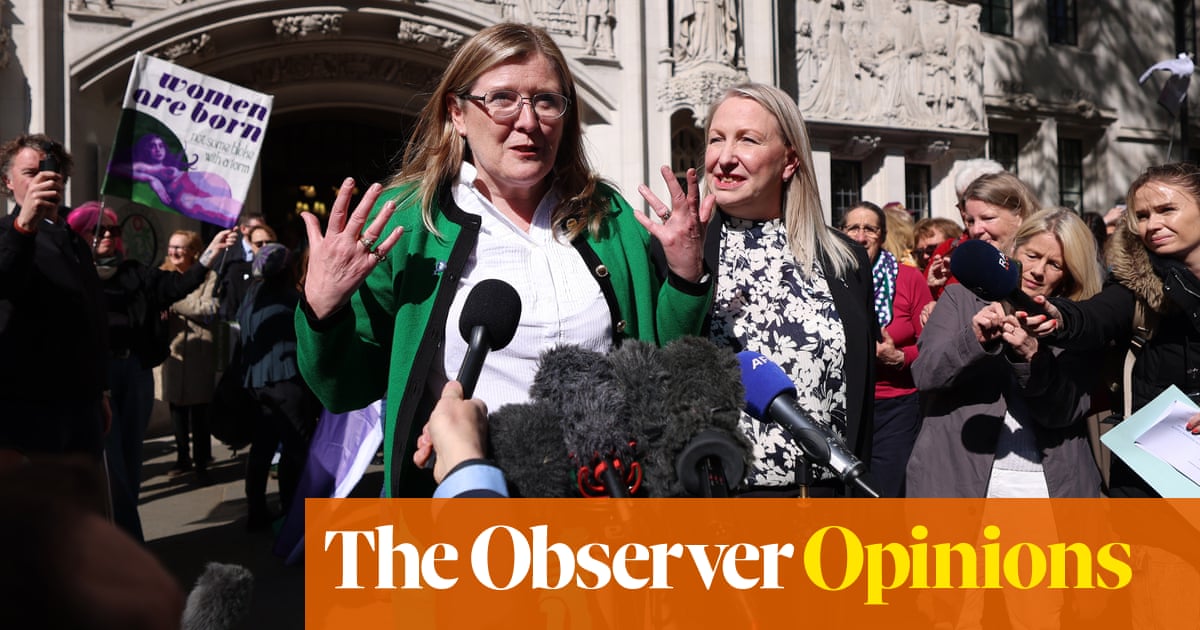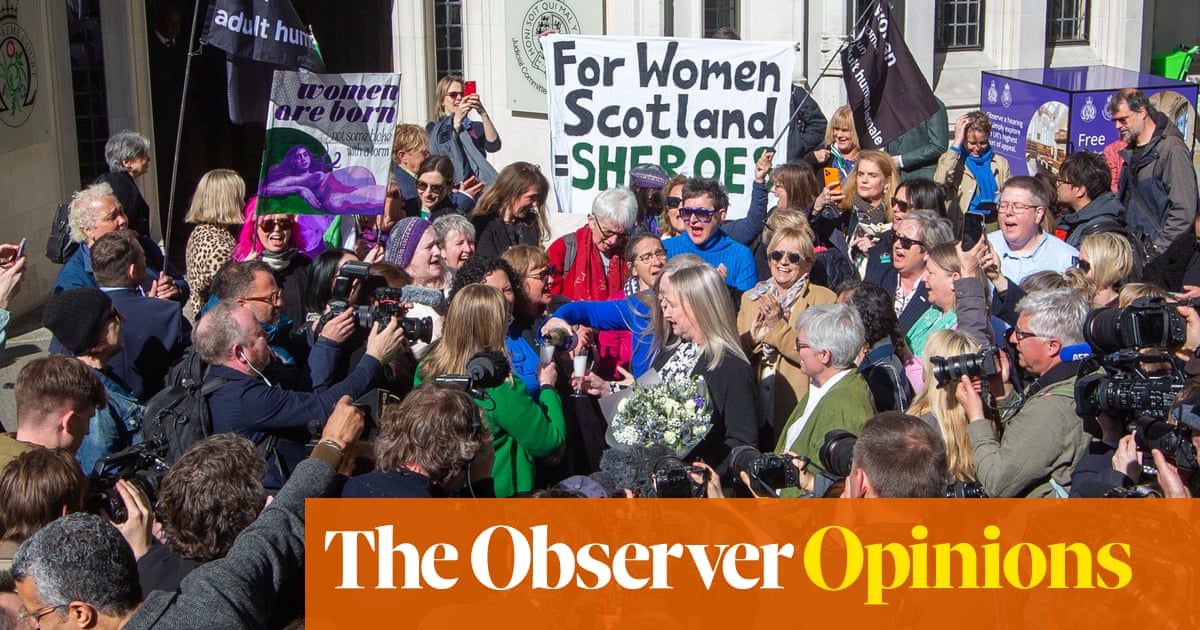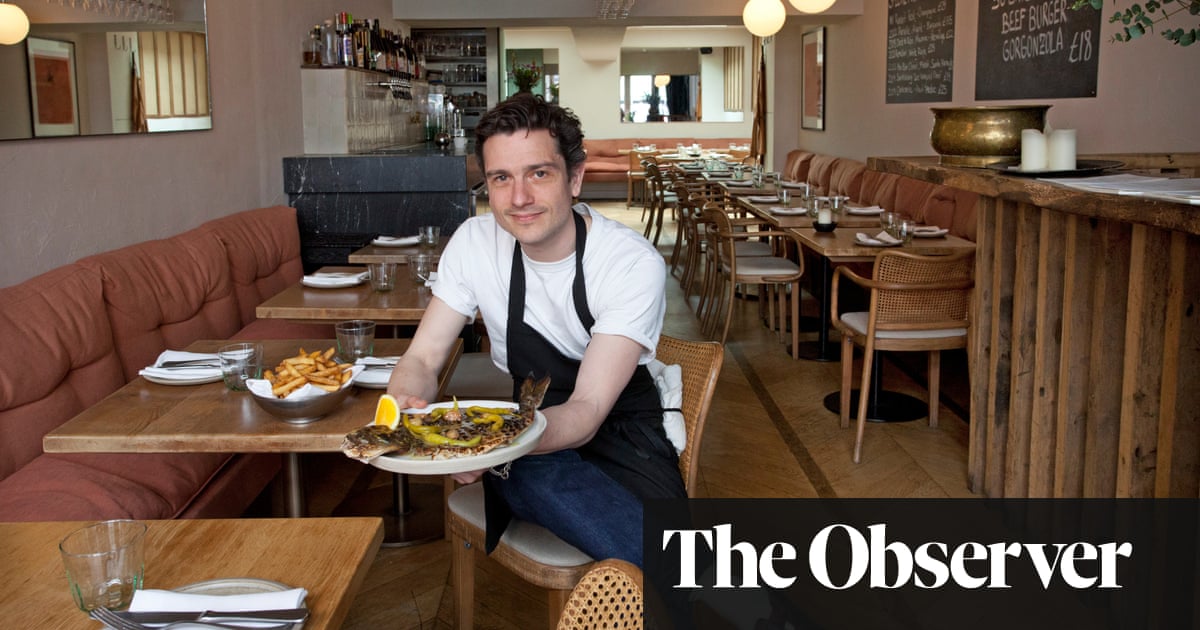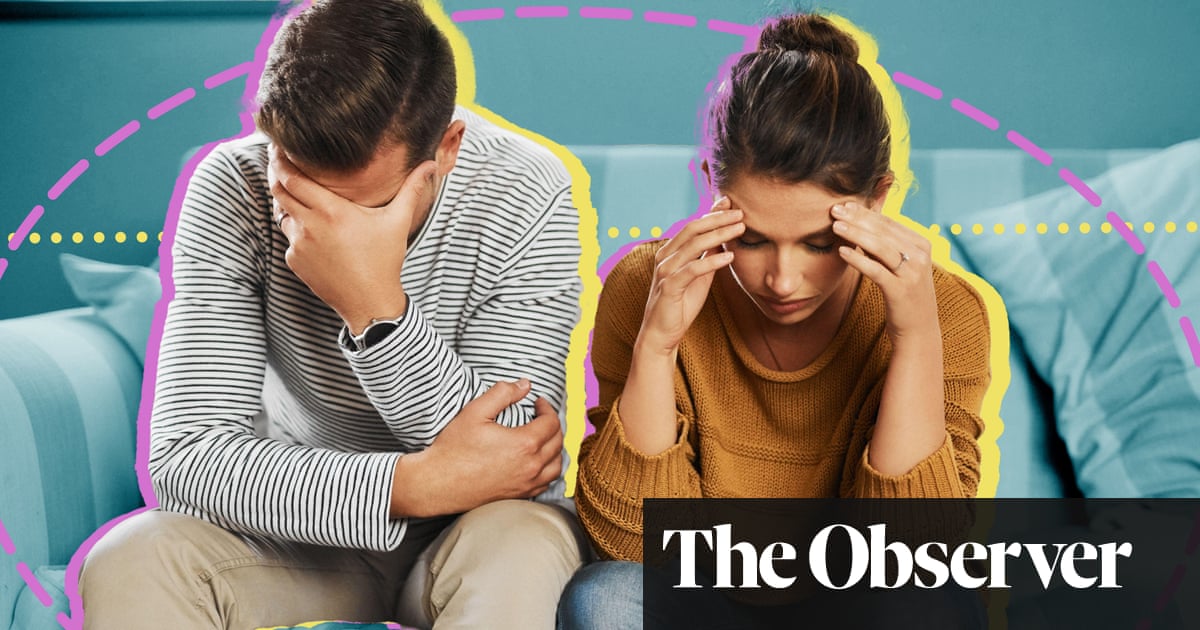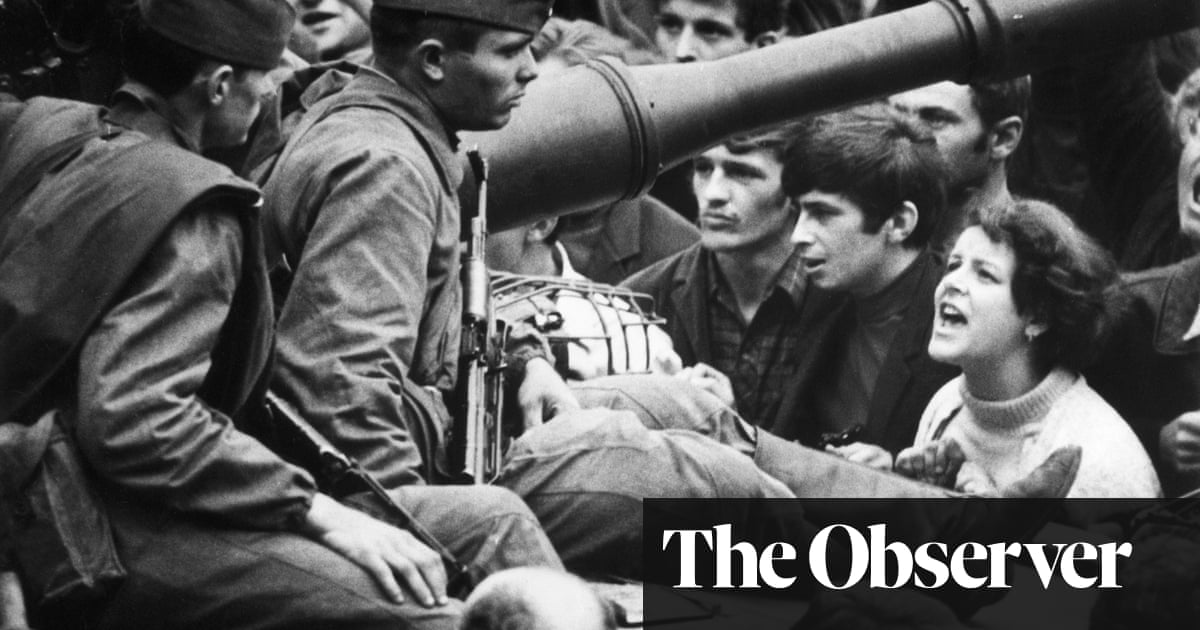When Emmanuel Macron was first elected in the spring of 2017, we were told that he was the future of liberal pluralism. The BBC said his victory was “a repudiation of the populist, antiestablishment wave” of that time. He was “the next leader of Europe” according to a Time Magazine cover. The Economist went one further. Its cover asked if he was Europe’s “saviour” and declared that he was mounting a revolution in democratic politics “without pike or pitchfork”.
Seven years later, and Macron’s “peaceful”, “democratic” “revolution” is in ruins, as the president struggles to navigate a political crisis of his own making. In June, he called legislative elections that were unnecessary, lost them, and refused to concede defeat. Over the summer, France went through the second-longest period without a government in its recent history. The resulting Michel Barnier-led government was only able to survive for as long as it did thanks to a compact with the far right, before it crumbled after a vote of no confidence held on 4 December. Although Macron has now named François Bayrou as prime minister, it is unclear how this solves the fundamental problem that both the president and his agenda are widely hated in the country, and broadly opposed in the parliament.
The balance sheet of Macronism explains his losing streak. When he took office, France’s deficit was 2.6% of GDP, in October 2024 it was at 6.2%. Who were the beneficiaries of such profligacy? They certainly aren’t public-school students and their stressed-out teachers having to work with the biggest classes in Europe. Nor are they the growing numbers of people living in “medical deserts”, where there is insufficient access to doctors or surgeons. The ultra-rich however, have done very well, with the top four fortunes in France increasing by 87% since 2020 according to Oxfam. Macronomics resembles Trussonomics in slow motion. It was a programme of unfunded tax cuts for the wealthy that the Macronists wrongly assumed would increase economic activity and therefore the tax take. According to Macron’s own economy guru, “this was not a bad strategy, but it didn’t work”.
If his economic record undermines the narrative that Macron was the candidate of innovation and sound finances, his social and political record demonstrates that the Macron revolution was neither peaceful, nor particularly democratic, and it calls into question the labels of “liberal” and “centrist”, so often applied to the French president. Police violence has got markedly worse under Macron, with the number of bullets fired and people killed by police increasingly slightly, and the number of rubber bullets fired on crowds skyrocketing. He has also helped normalise the far right, talking up their preferred themes, using their language and passing an immigration law that Marine Le Pen hailed as an “ideological victory”.
On top of this, he has governed in an increasingly anti-democratic manner, pushing through wildly unpopular measures using article 49.3 of the constitution to pass laws without a parliamentary vote, and trying to shut the leftwing New Popular Front (NPF) alliance out of government, despite it winning the most seats in this summer’s legislative elections. The activist Ugo Palheta writes about the process of the fascistisation of French society as parts of the media, civil service and business elite are radicalised to the right. Macron has handily helped this process along, with the far right achieving their best electoral results ever this summer.
Recently, Macron has been fighting to try to keep the Netflix hit Emily in Paris in France. It is a fittingly absurd quest. Emily in Paris, like the summer Olympics, is a fantasy image of the France that Macron wants to rule, and intended to create. But the archetypal subject of Macron’s France is not Emily, the denizen of a startup nation inhabited exclusively by the rich and sexy, but rather more like Vanessa Langard, a yellow vest protester I met recently. Langard had been a decorator, and had to take a second job to help pay for her grandmother’s care. Langard was shot in the face and blinded by a rubber bullet at a protest in December 2018. When we spoke, she was distraught, sobbing as she described her anger at the refusal of the French state to designate her a victim of police violence, and how her mother comments that she has become more subdued since the assault.
Vanessa’s life shows us the effects of Macronism in miniature. She was caught up in his crackdown on dissent and blinded by the increasingly militaristic weapons the state deploys against its citizens. Now 40, she is unable to work, and lives on the meagre benefits paid out to disabled people in France, one of hundreds of thousands pushed into precarity under Macron. She requires care, and so relies on an increasingly strained health system that the government wants to cut further. She is one of the 56% of French people who say life has become more difficult due to low incomes and rising costs, one of the 85% of people who fear that the next budget will negatively affect their financial situation, and one of the 77% who understand this to be the result of political decisions.
Macron has more than two years to go until the next election, but he shows no sign of changing course. Over the summer, Libération revealed that there had been a series of secret meetings between Macronists and members of the far-right National Rally party brokered by Macron’s close adviser, Thierry Solère, helping normalise them further. Edouard Philippe, an ally of Macron and potential successor, is reported to have told Le Pen that he wants the next election to be a contest of “project against project” without “moral critique”.
It does not bode well for liberalism that its pro-EU poster boy has become like King Lear, blinded by narcissism and wilfully handing the kingdom to a destructive force he helped create. Macron offers an object lesson in the exhaustion of liberalism. When the form and appearance of liberalism remains, but its content and values are evacuated, what remains is a hollow, brittle thing. It becomes unable to improve the lives of anyone but the wealthy, unable to respond to inconvenient facts such as disappointing election results, unable to articulate even a moral critique of the far right which seeks to usurp it, and unable politically to stop its rise. Macronism has failed.
-
Oliver Haynes is a journalist and the co-host of the Flep24 podcast

.png) 3 months ago
39
3 months ago
39
